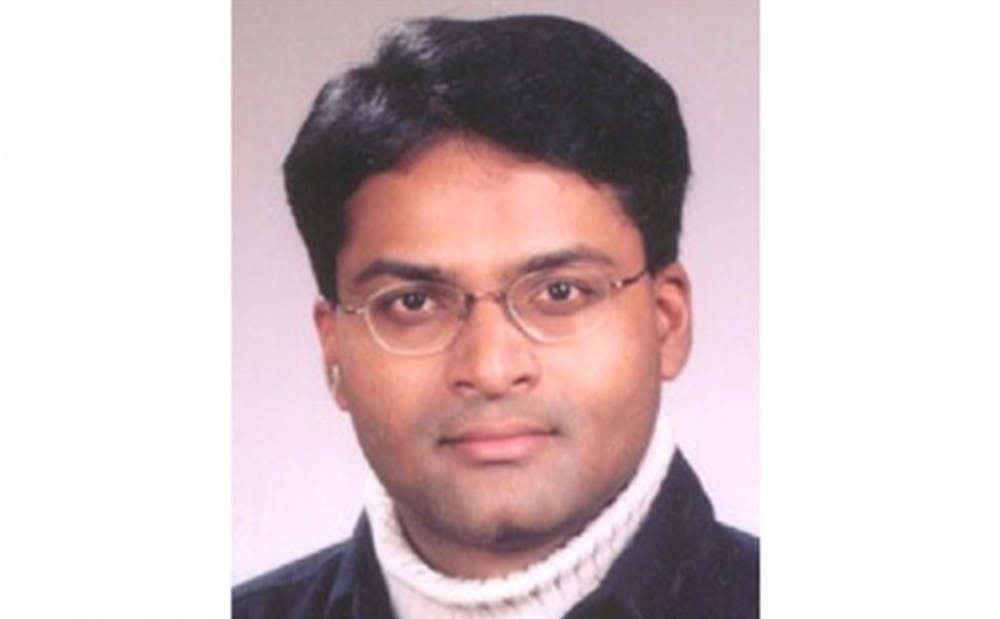After the Office of Research Integrity released a report Nov. 9 concluding that cancer researcher Anil Potti engaged in scientific misconduct, some are expressing indignation at a lack of justice and concern that larger research integrity and institutional transparency issues persist.
On Friday, The Cancer Letter published a guest editorial titled “Penalty Too Light” written by Keith Baggerly, biostatistician from the MD Anderson Cancer Center in Houston, and C.K. Gunsalus, a scientific misconduct expert and director of the National Center for Professional and Research Ethics. In it they wrote, “a strong argument can be made that neither justice nor the research community have been served by this outcome.”
Baggerly and Gunsalus cite the “millions of taxpayer dollars misused, totally fabricated research, damage to hundreds of patients recruited for treatment with ‘the holy grail’ of cancer treatment, and a poor institutional response” in their editorial, asking “How could this case not be one deserving the most serious penalties?”
“Scientific fraud is a problem that no one in this country wants to deal with in a consistent, resolute manner,” Paul Goldberg, editor and publisher of The Cancer Letter and Trinity ‘81, told The Chronicle. “The systems are inadequate from start to finish, and now with the ORI report you can see that there are no serious consequences.”
Michael Schoenfeld, vice president for public affairs and government relations, said Wednesday that the University is declining to respond to the editorial.
Baggerly, along with Kevin Coombes, another biostatistician at MD Anderson, were the first to publicly report problems with Potti’s data.
“The Office of Research Integrity investigation has now ended with no admission of wrongdoing by Dr. Potti. The malpractice lawsuit against Dr. Potti, [his mentor, Joseph] Nevins, and Duke University was settled out of court, with no admission of guilt by anyone involved,” Coombes told The Cancer Letter in an article by Goldberg. “Apparently, mistakes were made, but no one was responsible for them. That doesn’t really feel as though justice has been served.”
The ORI’s report also included a sanction that prevents Potti from conducting research under federal funding without supervision for the next five years. Typical ORI sanctions, or “administrative actions,” are imposed for three years, but have ranged from one year to a lifetime, according to the ORI website.
“I think this is pretty dreadful,” Joyce Shoffner, one of the patients enrolled in Potti’s clinical trials and one of only two living plaintiffs in the lawsuit settled confidentially earlier this year, told The News & Observer. “Five years, what is five years? I’m absolutely disgusted.”
According to The Cancer Letter, Potti currently continues to practice at the Cancer Center of North Dakota.
“I have personally interacted with Dr. Potti for the past three-plus years and can say with utmost confidence that Dr. Potti has always had a reputation of providing the highest quality of clinical care for his patients,” said William Noyes, lead oncologist at the CCND, to The Cancer Letter. “His patients have always responded with the highest of recommendations per patient surveys.”
Goldberg added that the Potti case was atypical in the sense that his fraudulent research was actually caught. He added that the reason this case came to light was because Baggerly and Coombes spent hundreds of hours analyzing Potti’s data, which researchers do not typically do.
Gunsalus explained to The Chronicle that the system of conducting research comes with pressures and incentives that are not always aligned with research integrity, and that plagiarism is more common across all disciplines than people want to admit.
“My personal opinion is that there’s a lot more carelessness and rush to publication than there is outright faking and falsification of data,” she said.
In their editorial, Baggerly and Gunsalus also described the institutional response from Duke and its administrators as even more “worrisome” and “pressing.”
“I think that one of the places we can improve the system is making it more transparent and easier for people to raise questions without being labelled as tattletales or whistle-blowers,” Gunsalus said. “Because it’s the obligation of everyone working in the system, and really everybody’s concern is the integrity of the research that the rest of the community relies on and that affects the public health of the country. It’s in all of our interest for the research to be conducted with integrity.”
After Dr. Bradford Perez, a member of Potti’s lab when he was a medical student, came forward in 2008 with criticisms about the data, Duke professors and deans allegedly tried to quiet him and downplay his critique.
“Perhaps the saddest bit is that Duke has not had to learn any lessons from this. After all, they did not act on multiple warnings. They bought their way out of having to address this matter publicly by settling with patients. And the ORI report doesn’t deal with institutional responsibility,” Goldberg added. “An opportunity to learn was lost.”
Get The Chronicle straight to your inbox
Signup for our weekly newsletter. Cancel at any time.

